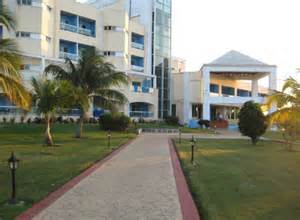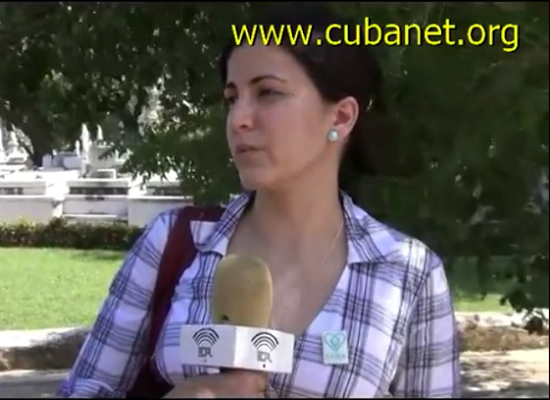 Hablemos Press, Osmel Almaguer, Havana, 11 September 2015 — For the majority of Cubans who can avail themselves of “all-included” hotel packages (who, by the way, do not constitute the majority of the population), their primary incentive for going is for the chance to be treated “as a person.”
Hablemos Press, Osmel Almaguer, Havana, 11 September 2015 — For the majority of Cubans who can avail themselves of “all-included” hotel packages (who, by the way, do not constitute the majority of the population), their primary incentive for going is for the chance to be treated “as a person.”
“Sir, are you feeling well?”
“Good Morning. How may I help you?”
Those famous magic words that were taught to us in school seem to have migrated exclusively to the tourist poles of the country.
A friend recently invited me to enjoy such a package at the Hotel Palma Real located on the Matanzas pole of Varadero. Being that this is a “four star” establishment, my expectations of being treated “as a person” rose exponentially. continue reading
Other friends who had experienced this deal had spoken very highly of it, and being that it was going to be my first time, I had only their testimonial to start imagining what it would be like.
Furthermore, my intent was to escape the stress and mediocrity that predominates in today’s Cuban society where, in the best of cases, one is treated by others with a sort of faux-courtesy that is overly familiar.
Nonetheless, after arriving at the Hotel Palma Real, the castle of expectations began to crumble when we saw the physical state of the property. This bad impression only grew worse as the days went on. This was in large part because of the deficient behavior of some of the staff who tended to congregate in the various areas of the hotel, telling jokes at high decibels and even letting fly four-letter words.
The stigma of being Cuban still attaches to us in these places. It manifested several times at the bar with repeated incidents of poor treatment by certain wait staff.
To top it off, the air conditioner, a central unit, was broken and, besides not cooling the air, it leaked and made a puddle in the room.
Most of the products on offer were not of the best quality. For example, I recall that instead of ham, they presented us with a lunch meat very similar to what is sold on the ration book. The soft drinks, which, according to the staff were Fanta and Sprite, were far from the known quality of these brands.
“It’s a house on the improved beach,” I heard a young woman say at the next table when we finally entered the hotel’s grill for the first time, after having waited two hours to be given our wristbands identifying us as hotel guests and entitling us to corresponding privileges.
I was surprised by the few entertainment options, limited to two pools and some four bars, with no game rooms or other similar amenities. There was a gym, but it was for guests who paid an extra fee, while the two specialized restaurants were for those who were staying for more than three nights.
Despite all these issues, some of the stress of urban living floated away in the swimming pools, in the company of my friend and her family. When all is said and done, it appears that in this country one should not get his hopes up too high, nor dream of being treated as a person.
Translated by: Alicia Barraqué Ellison


